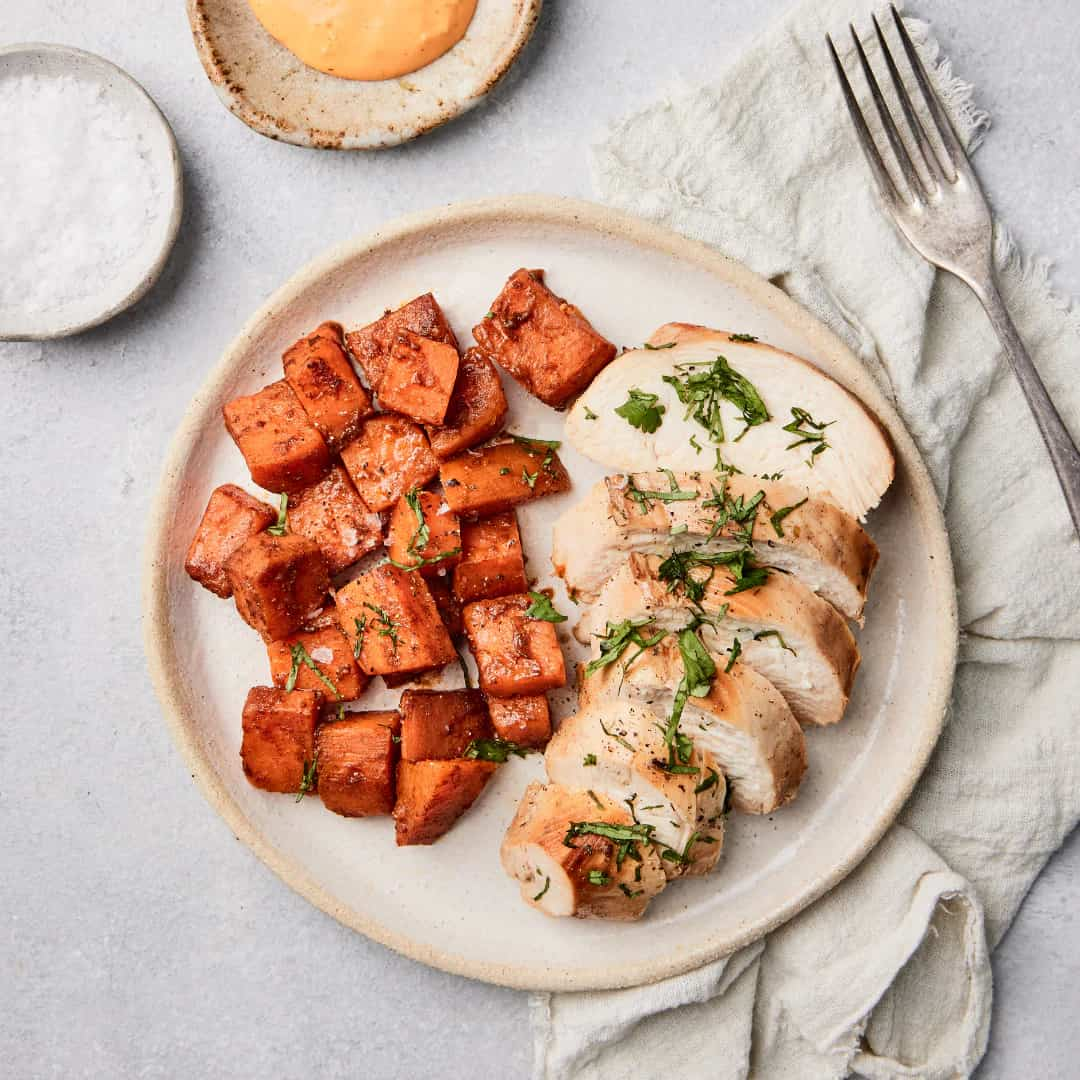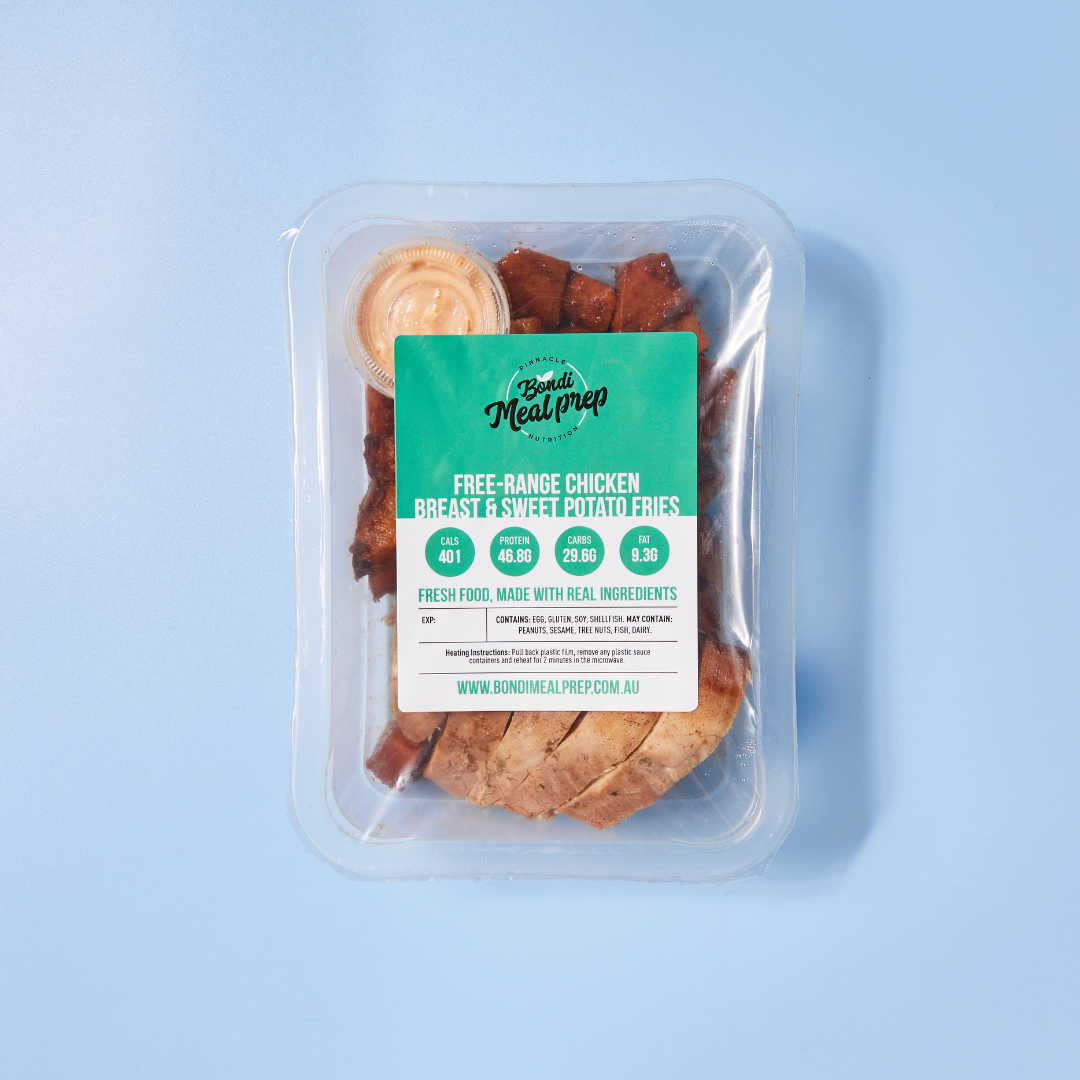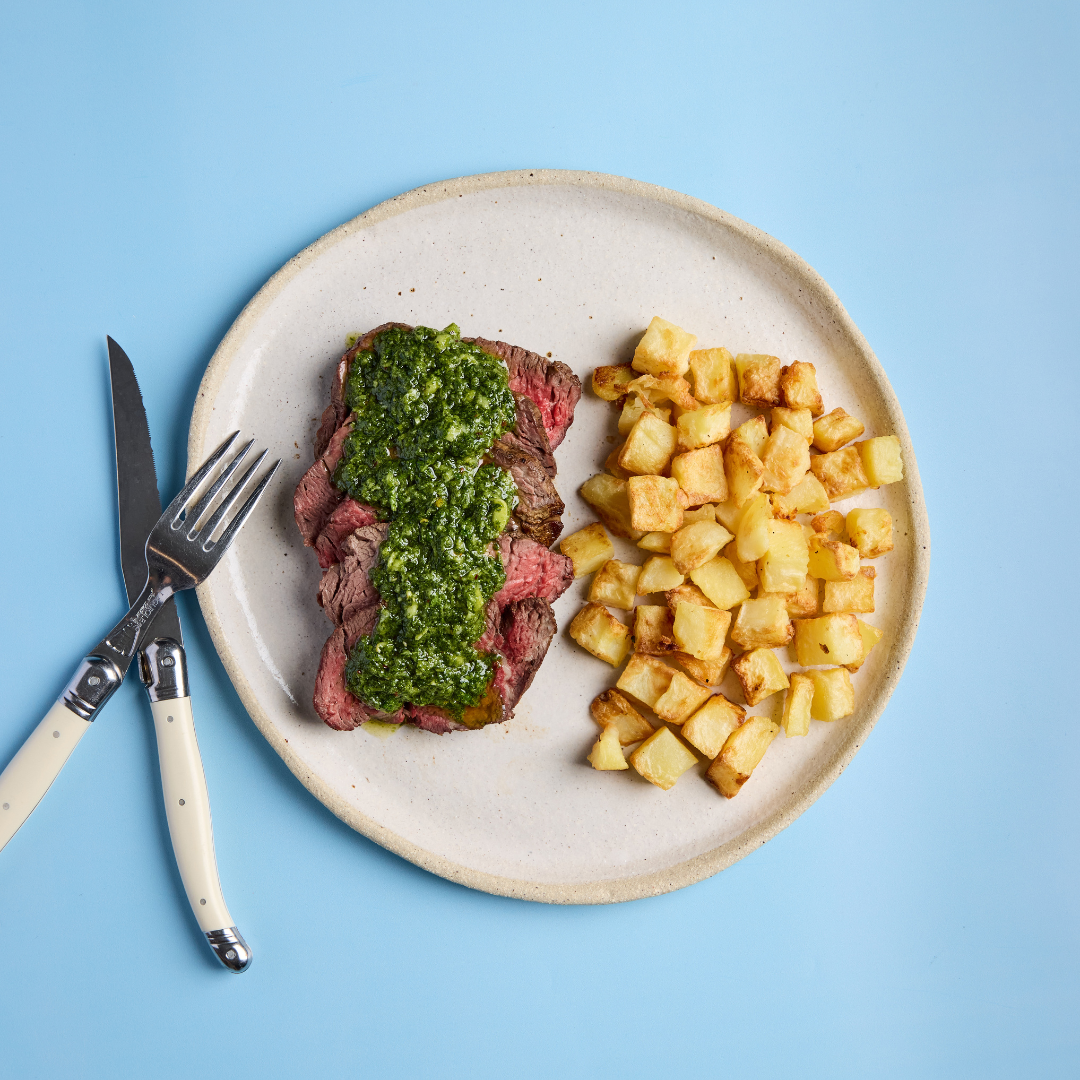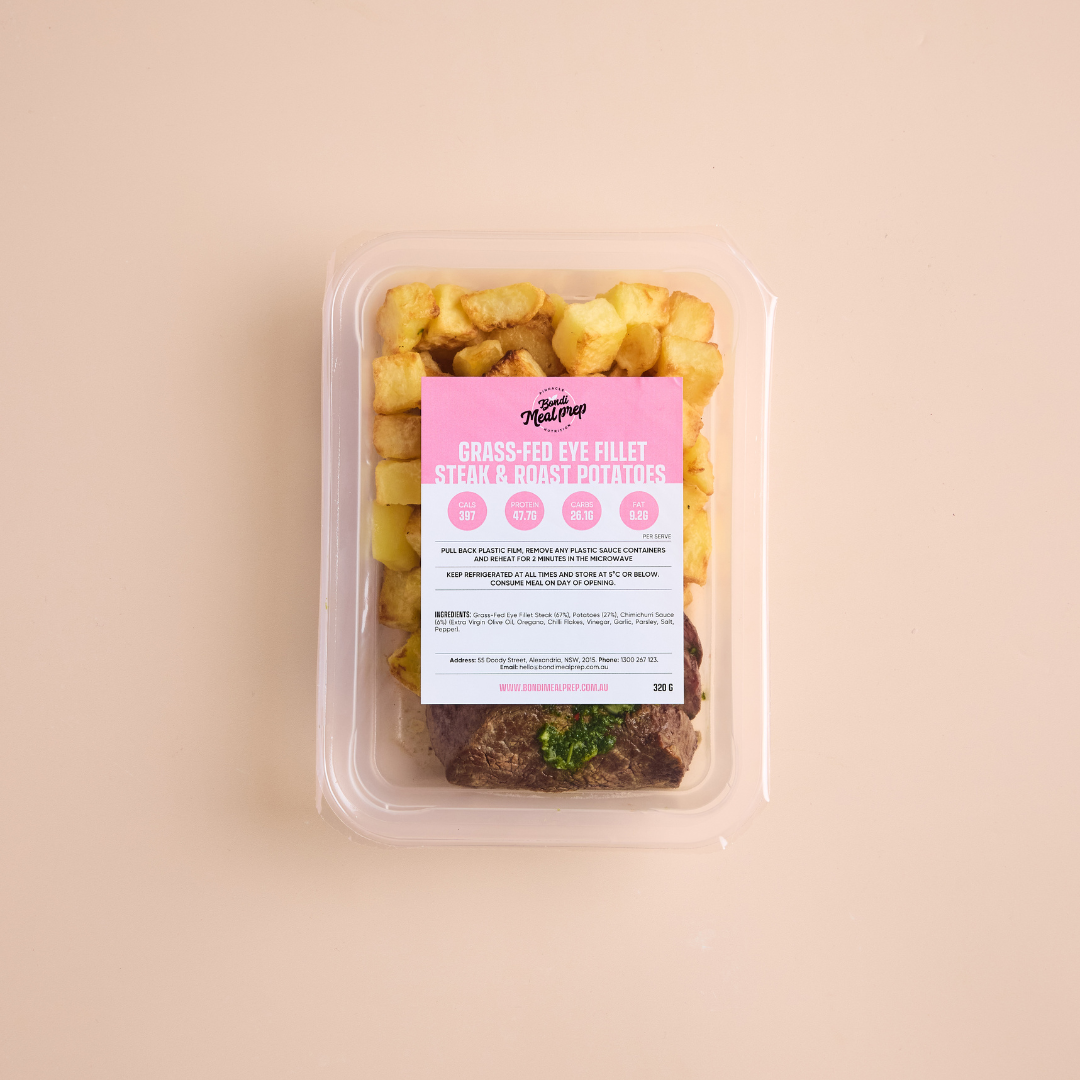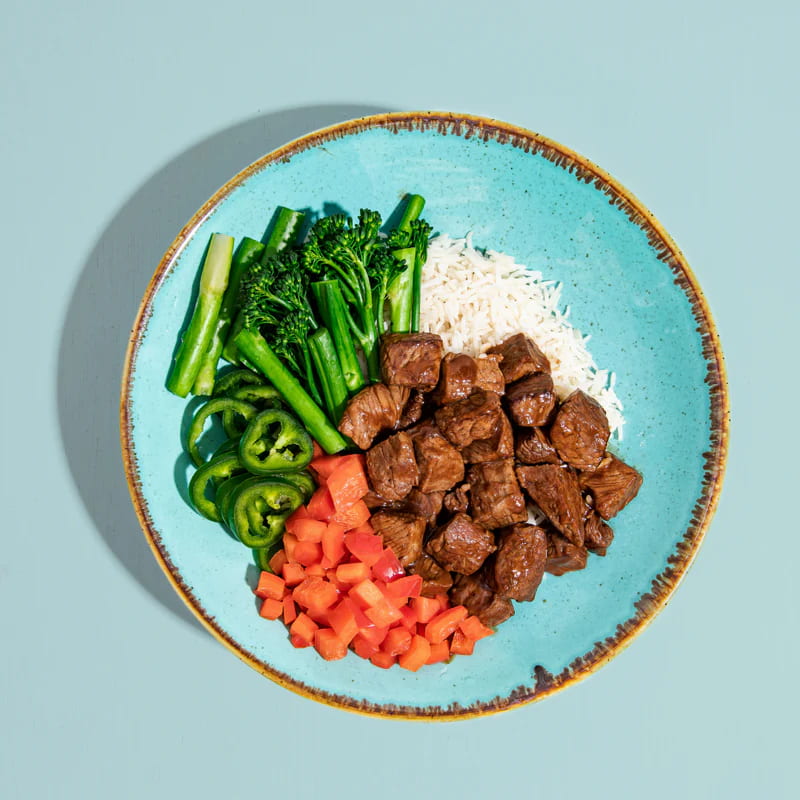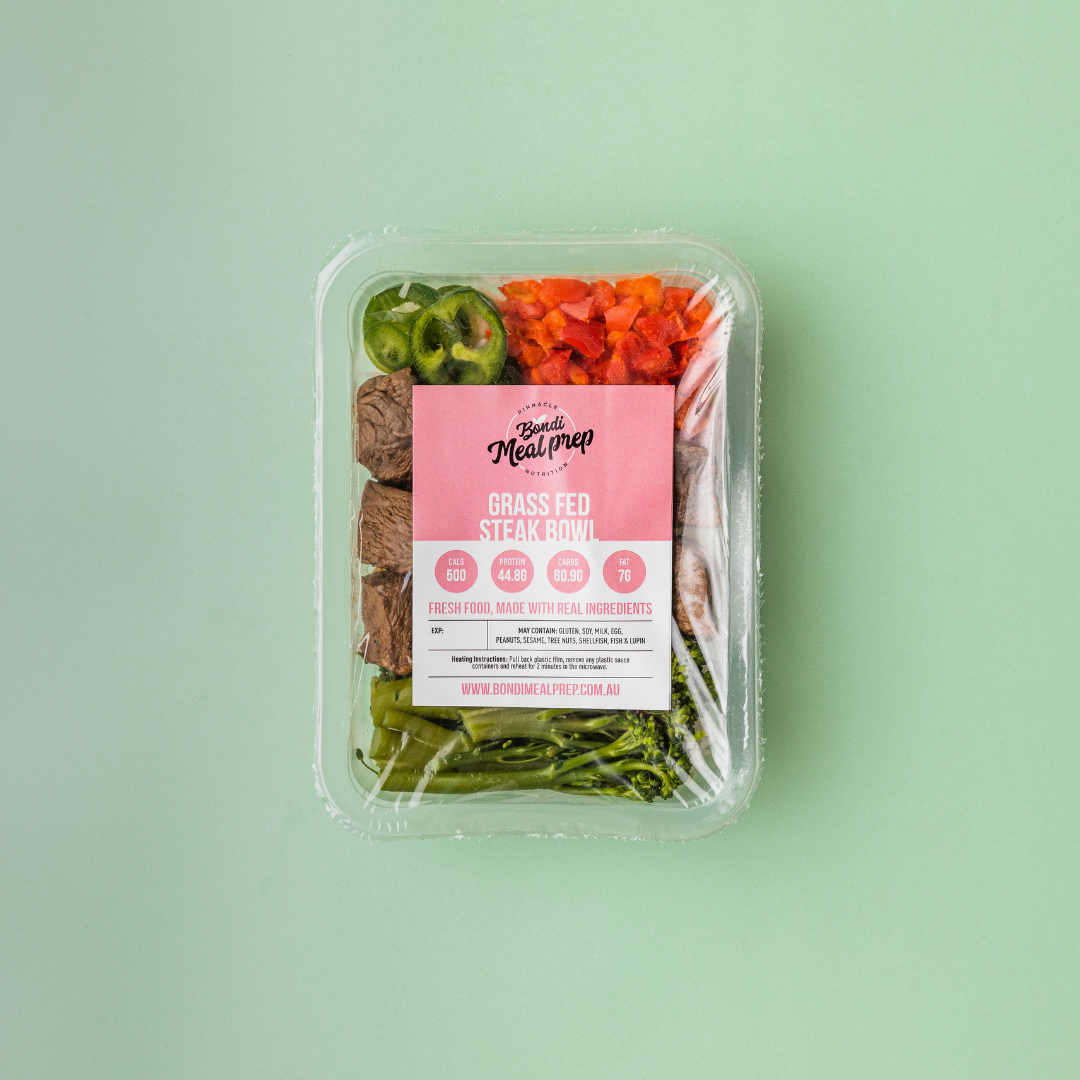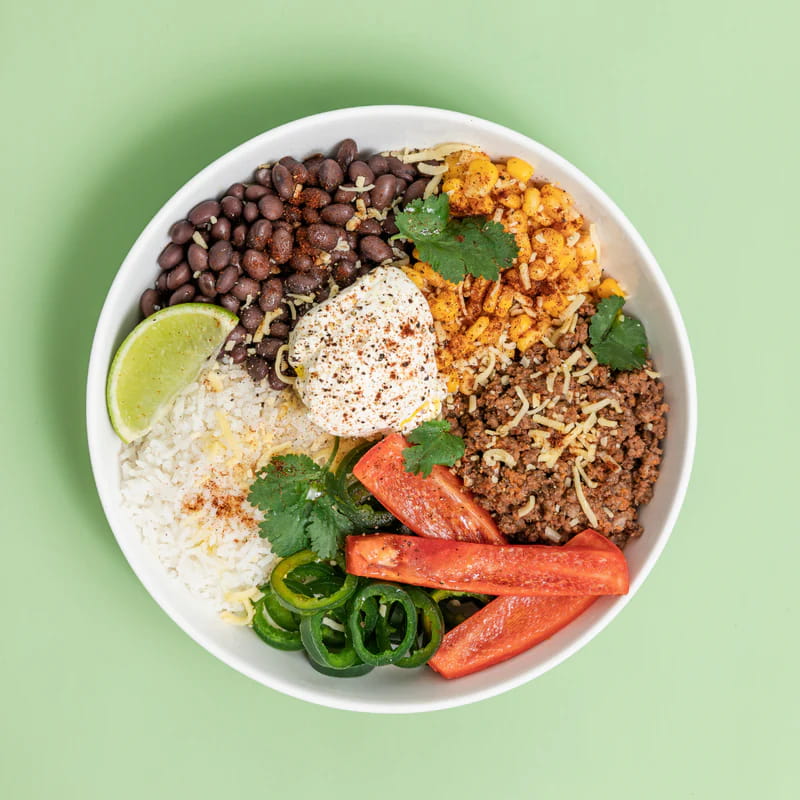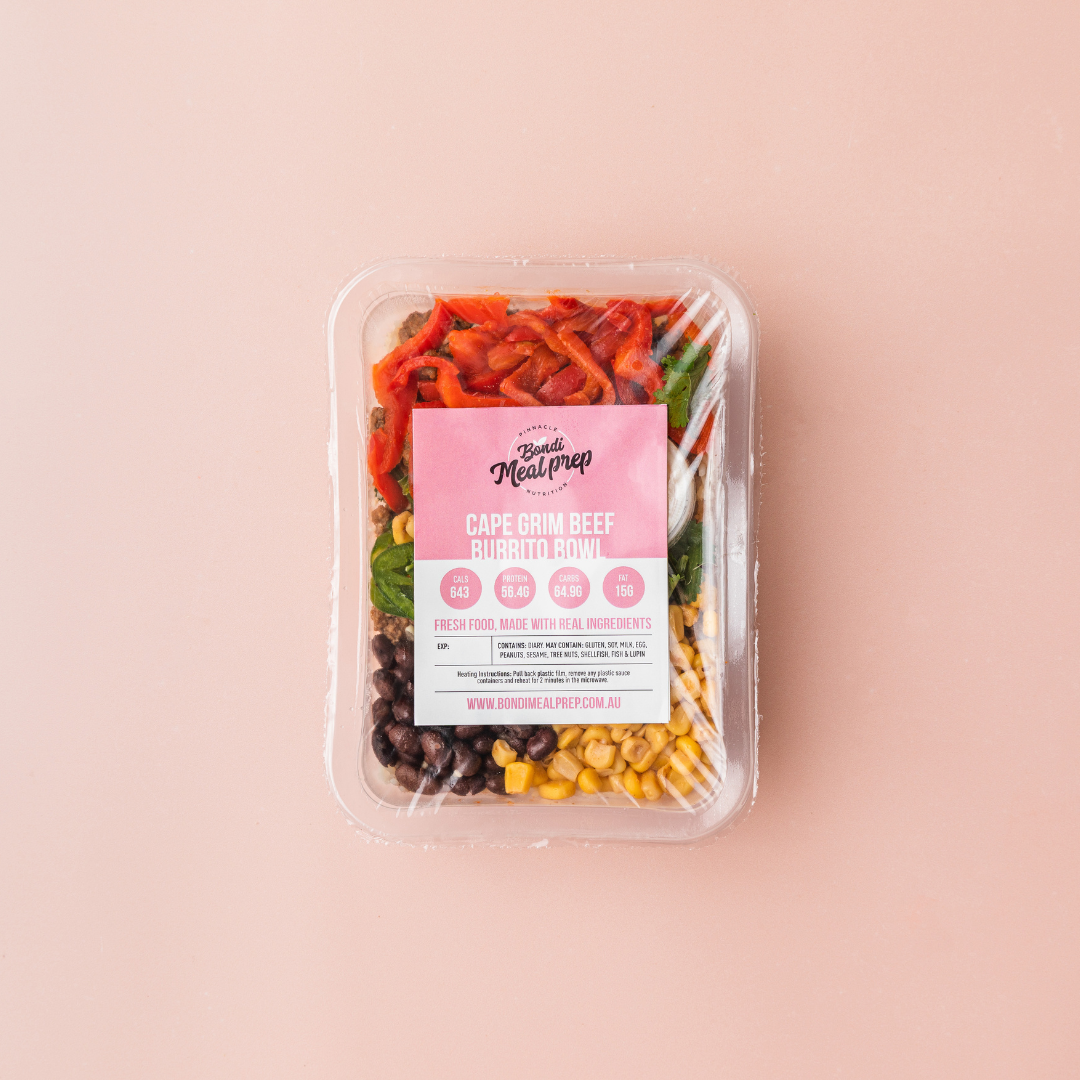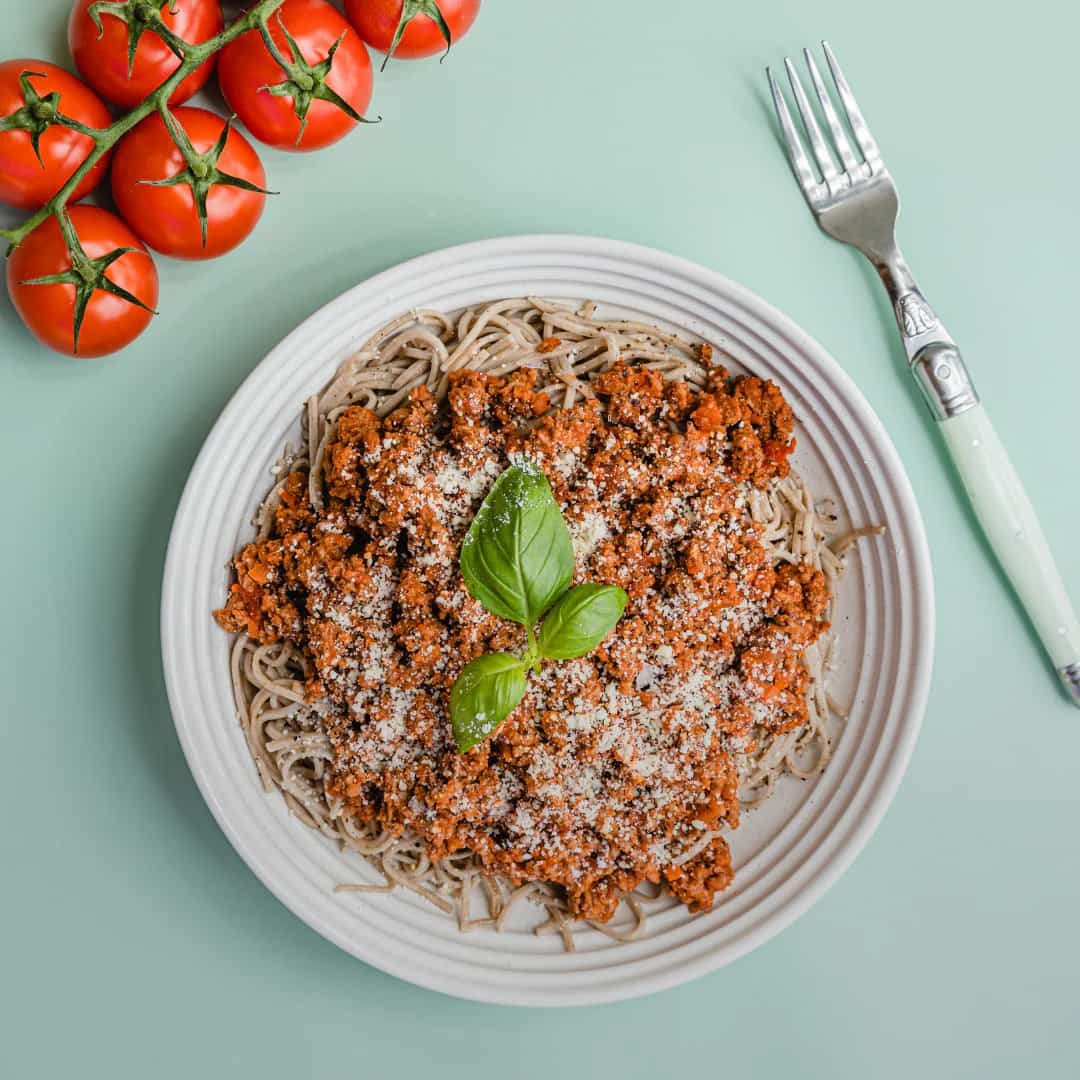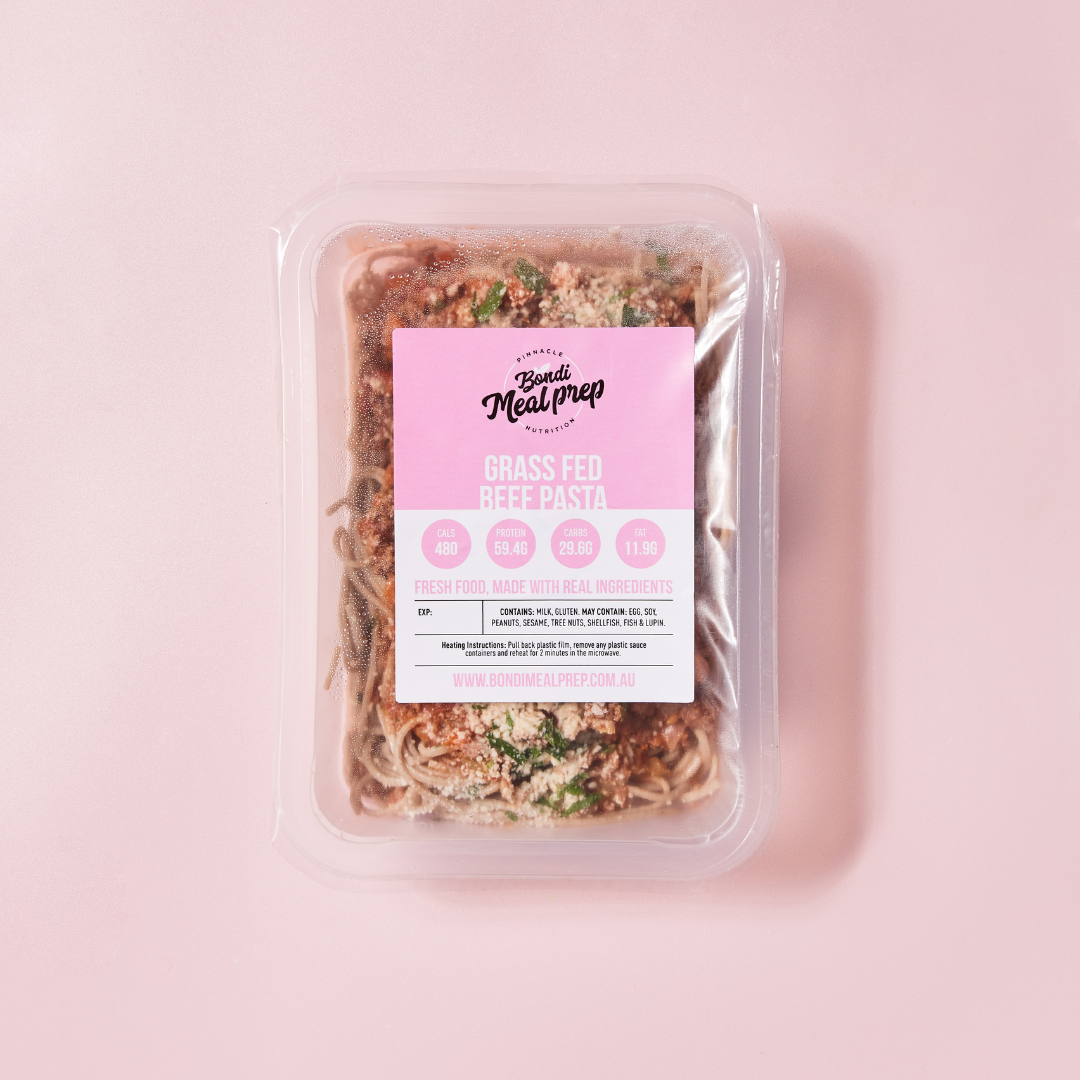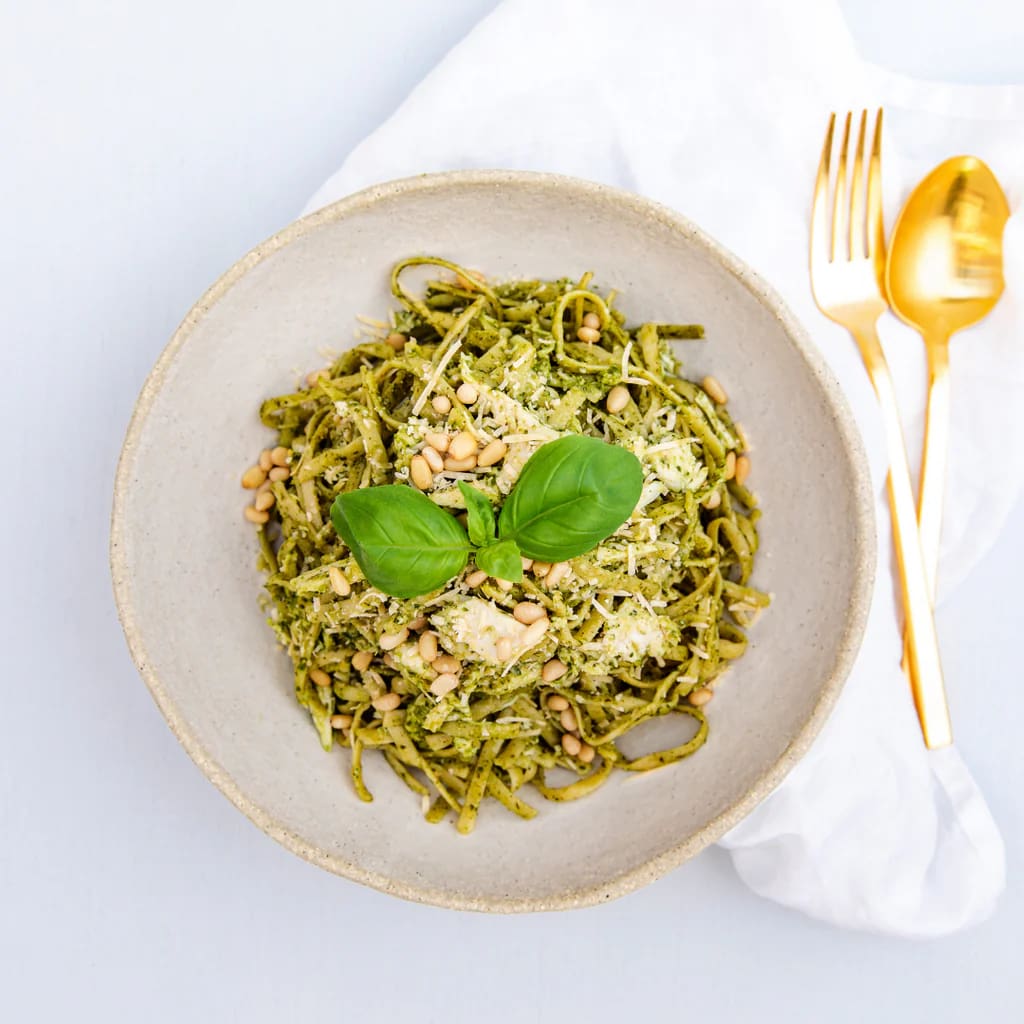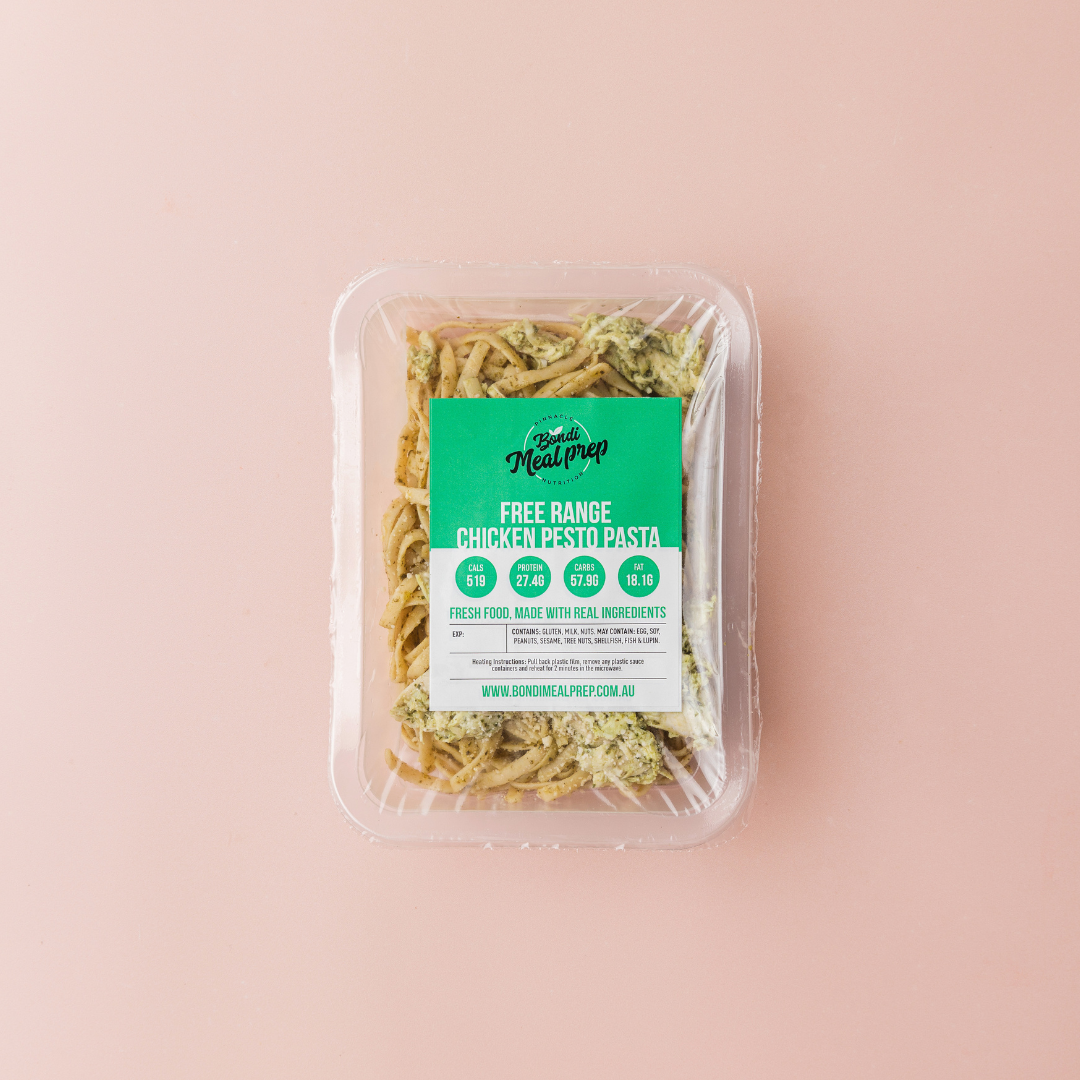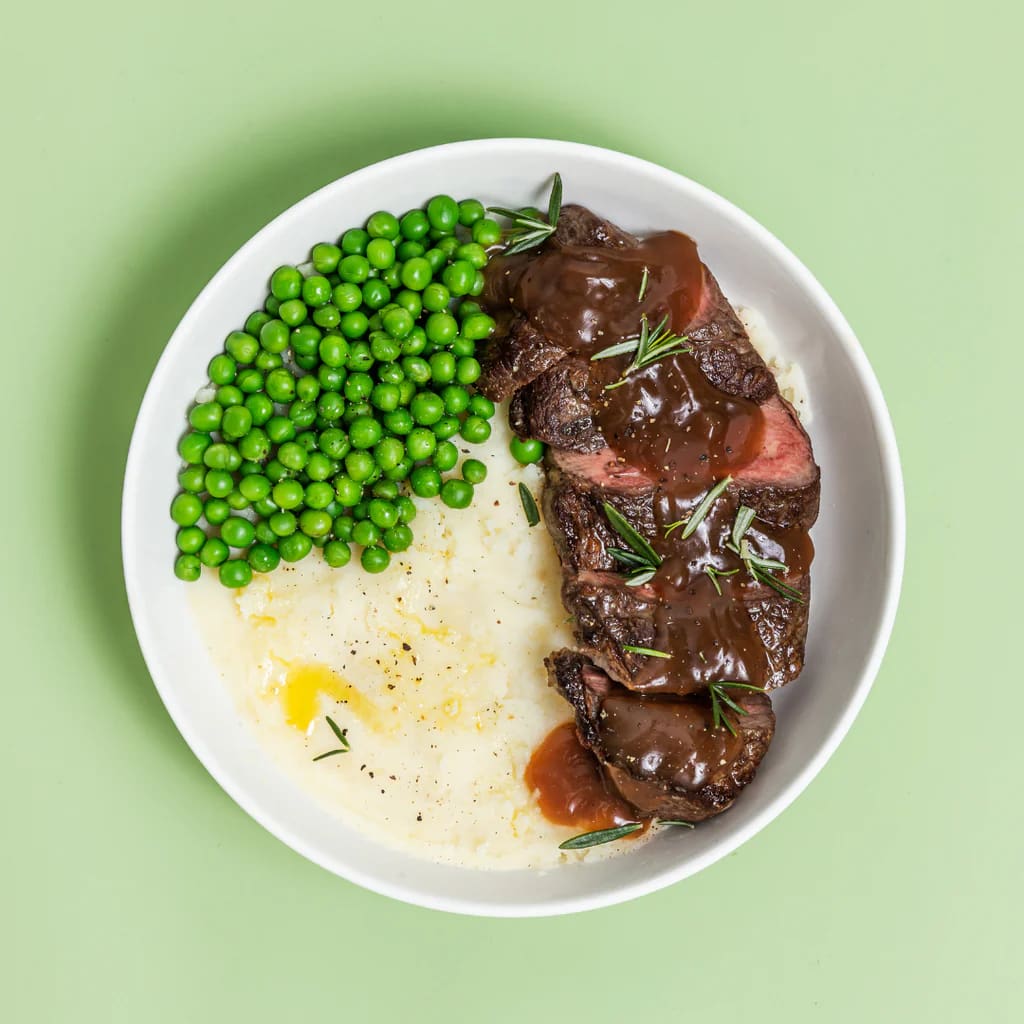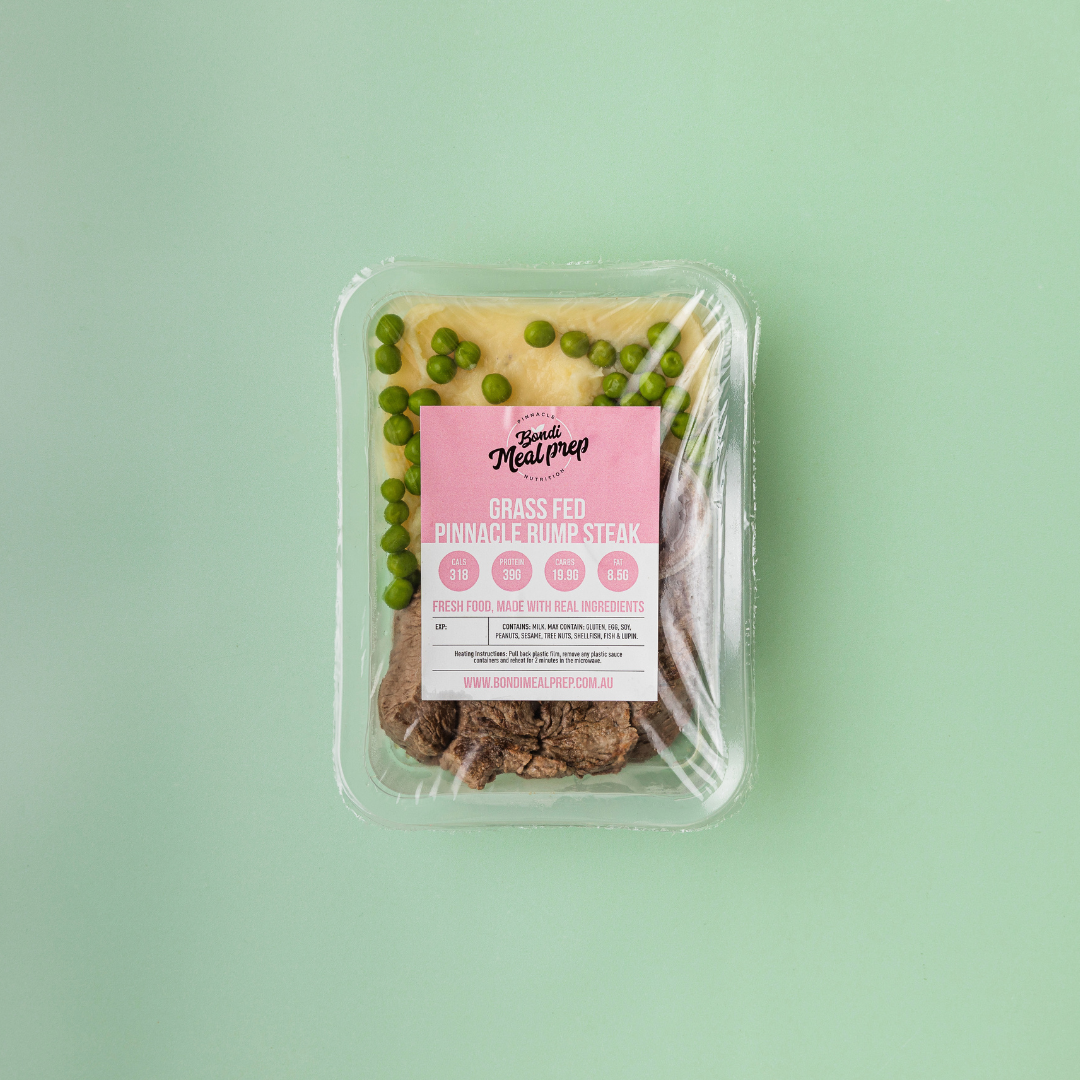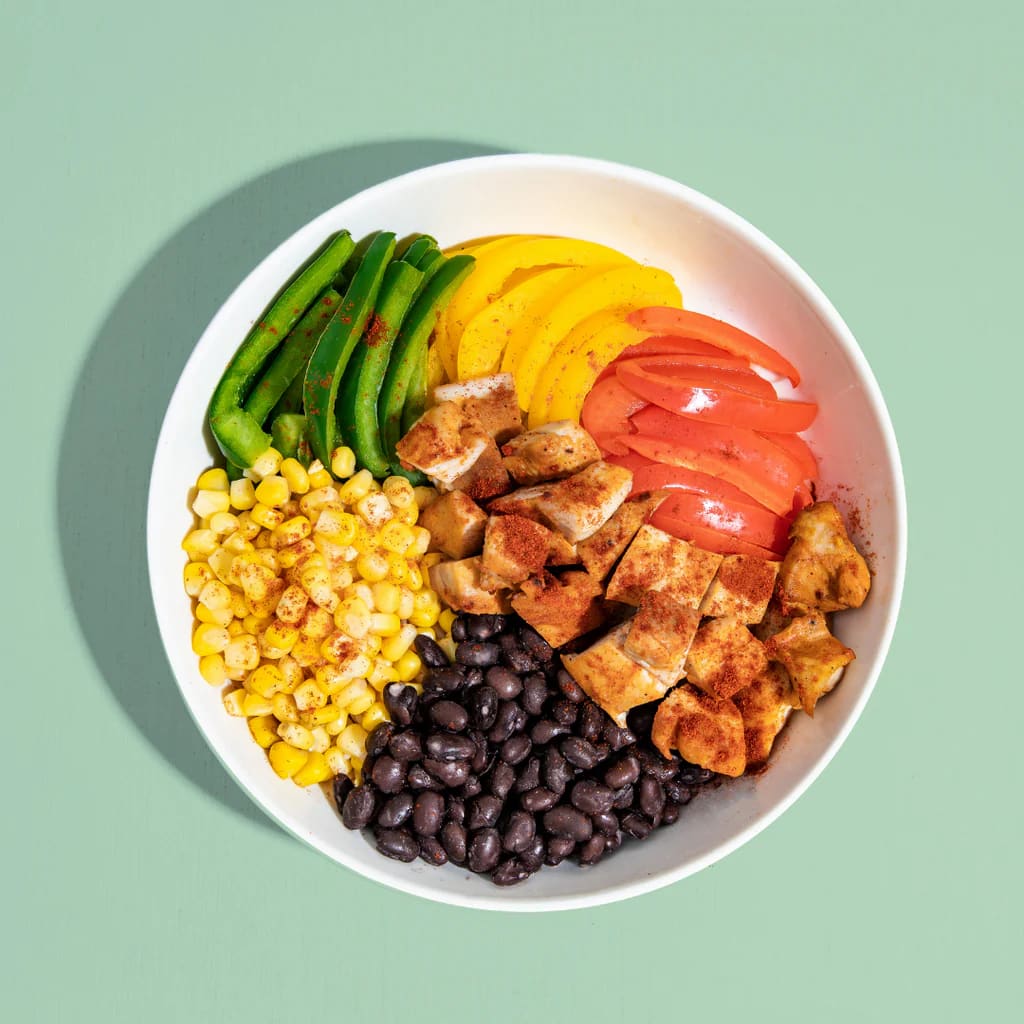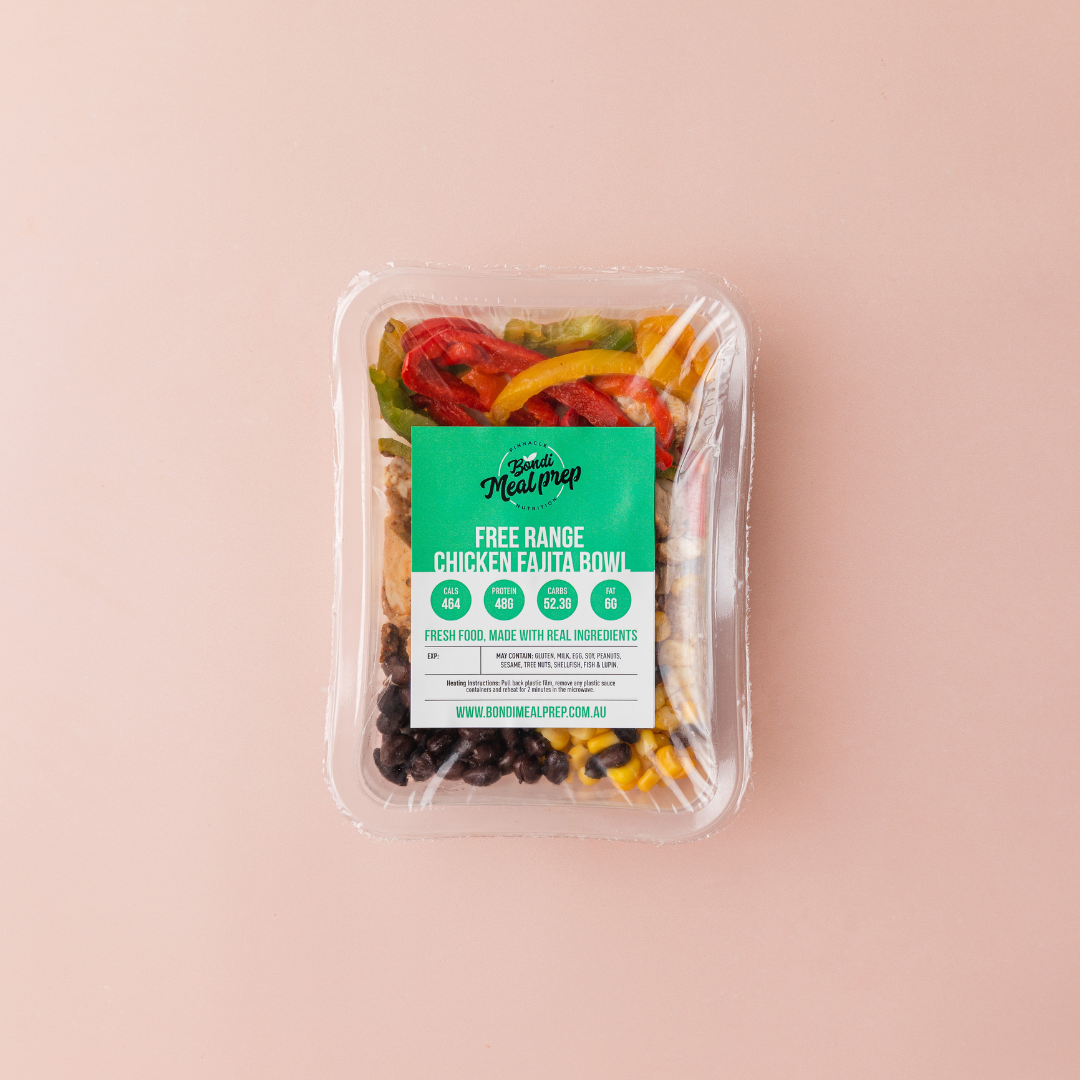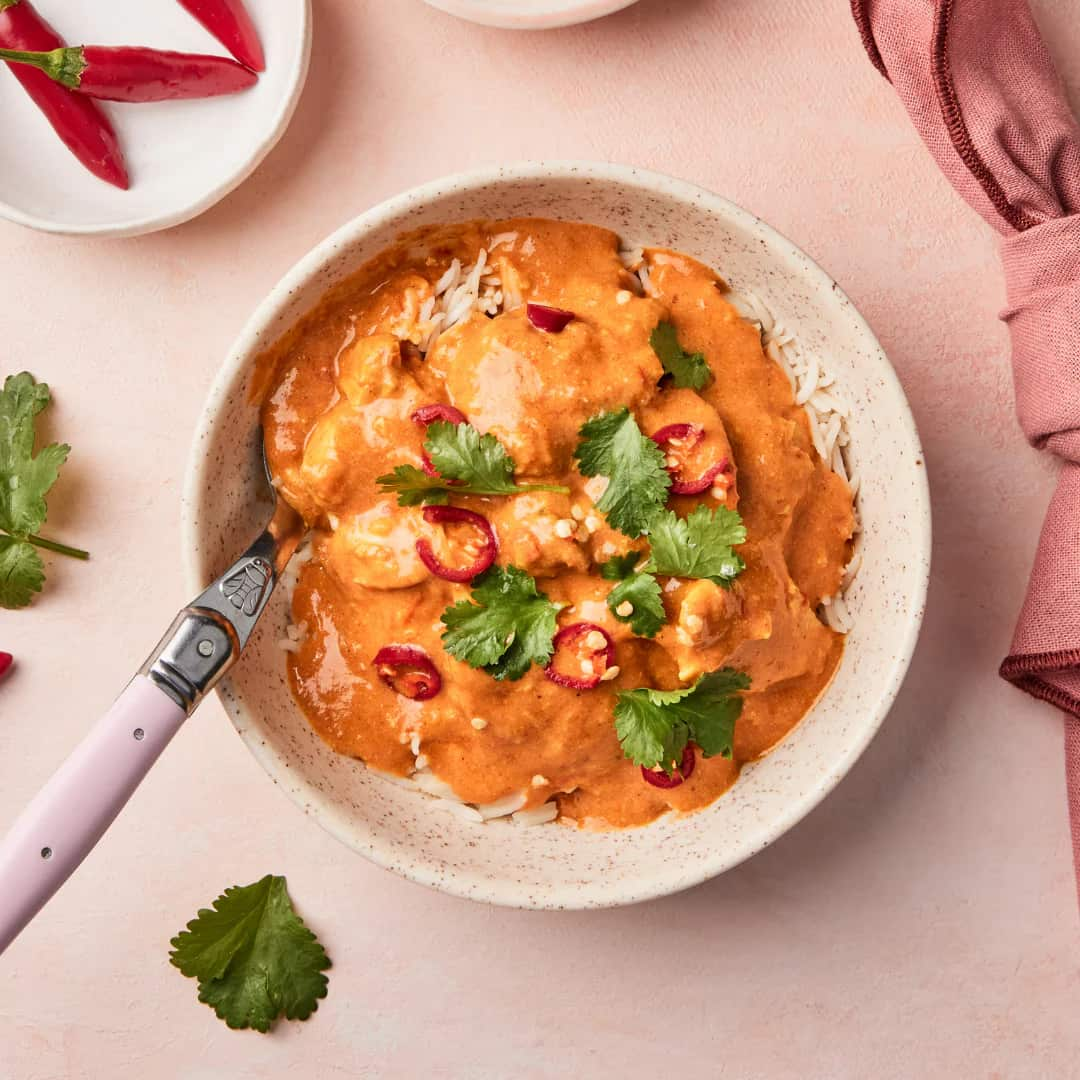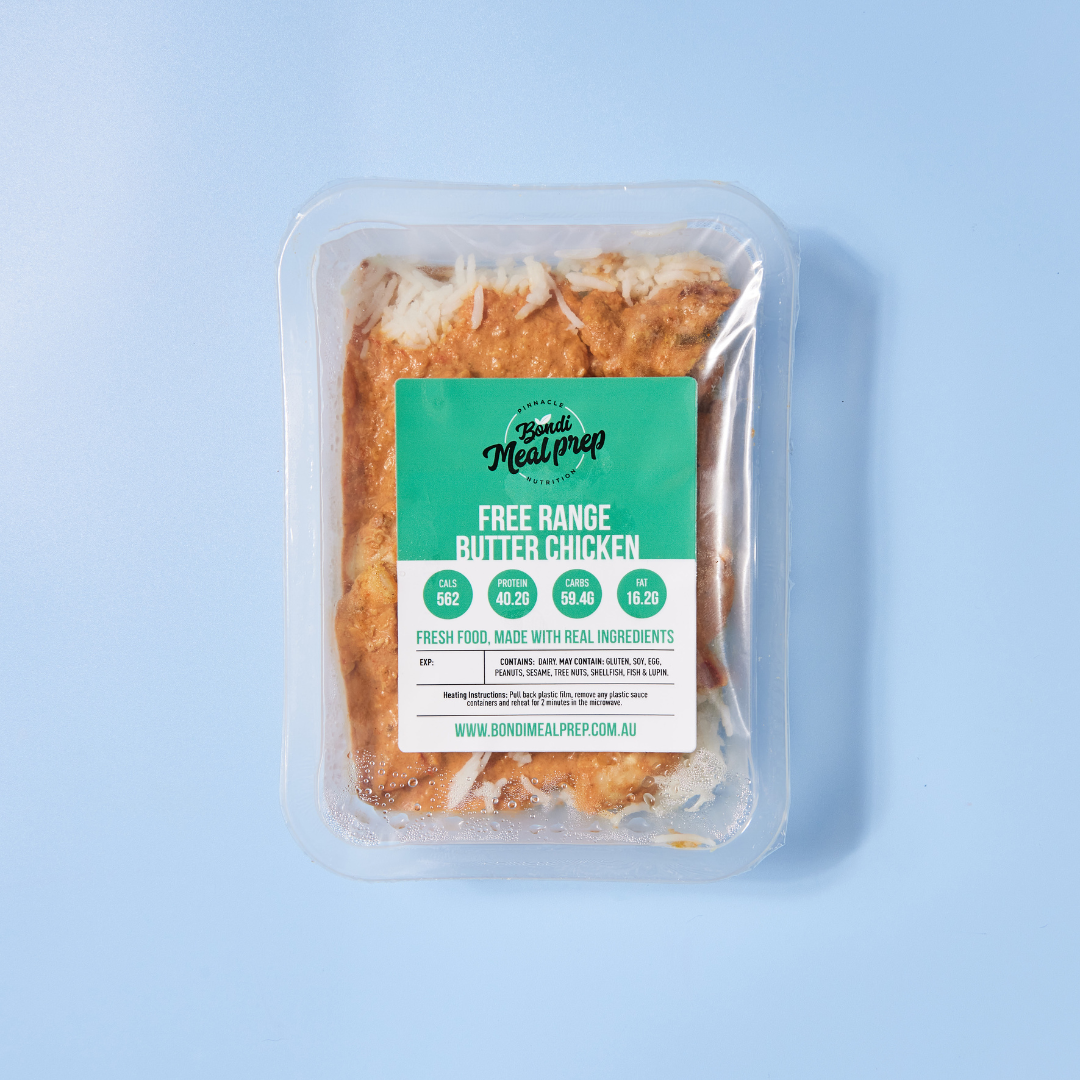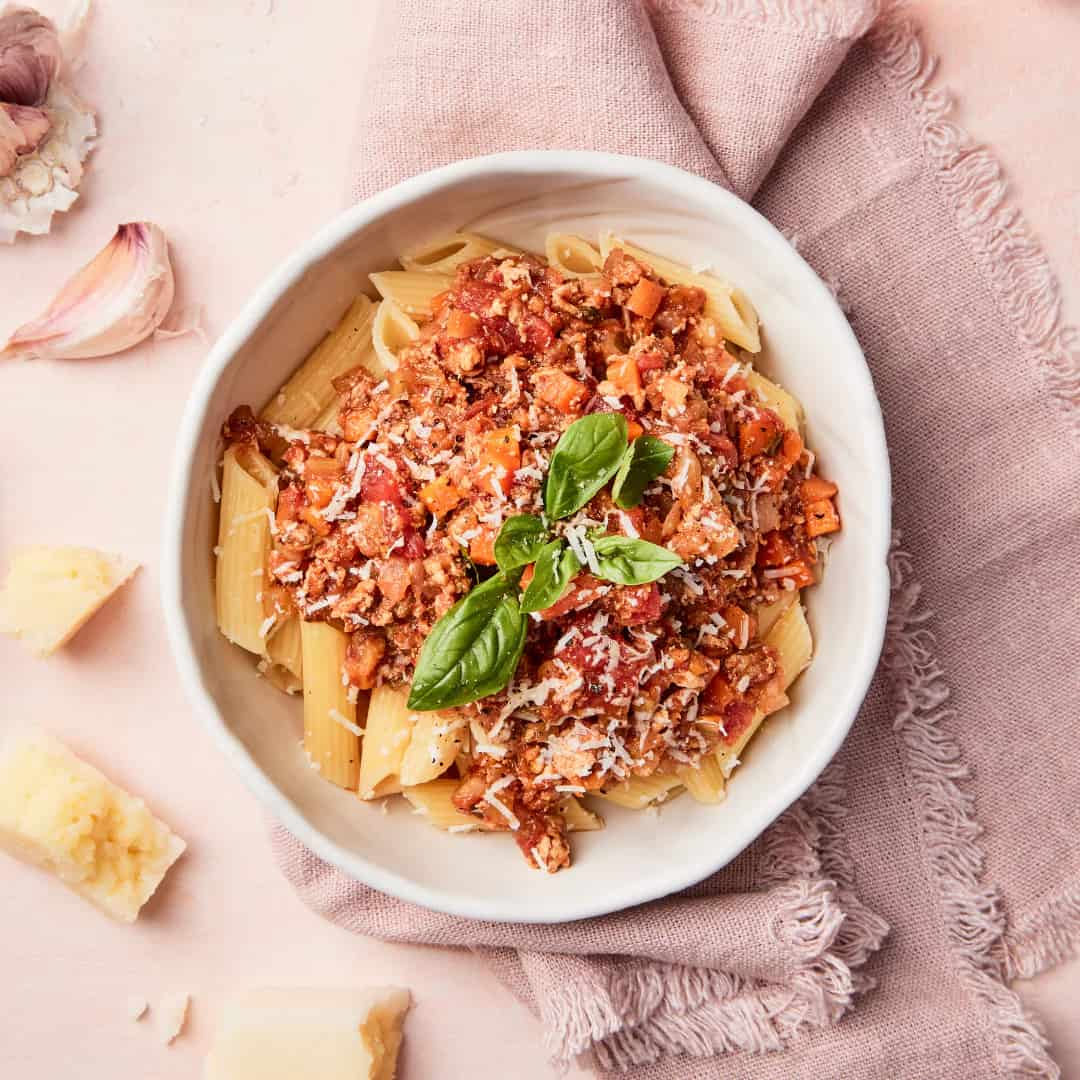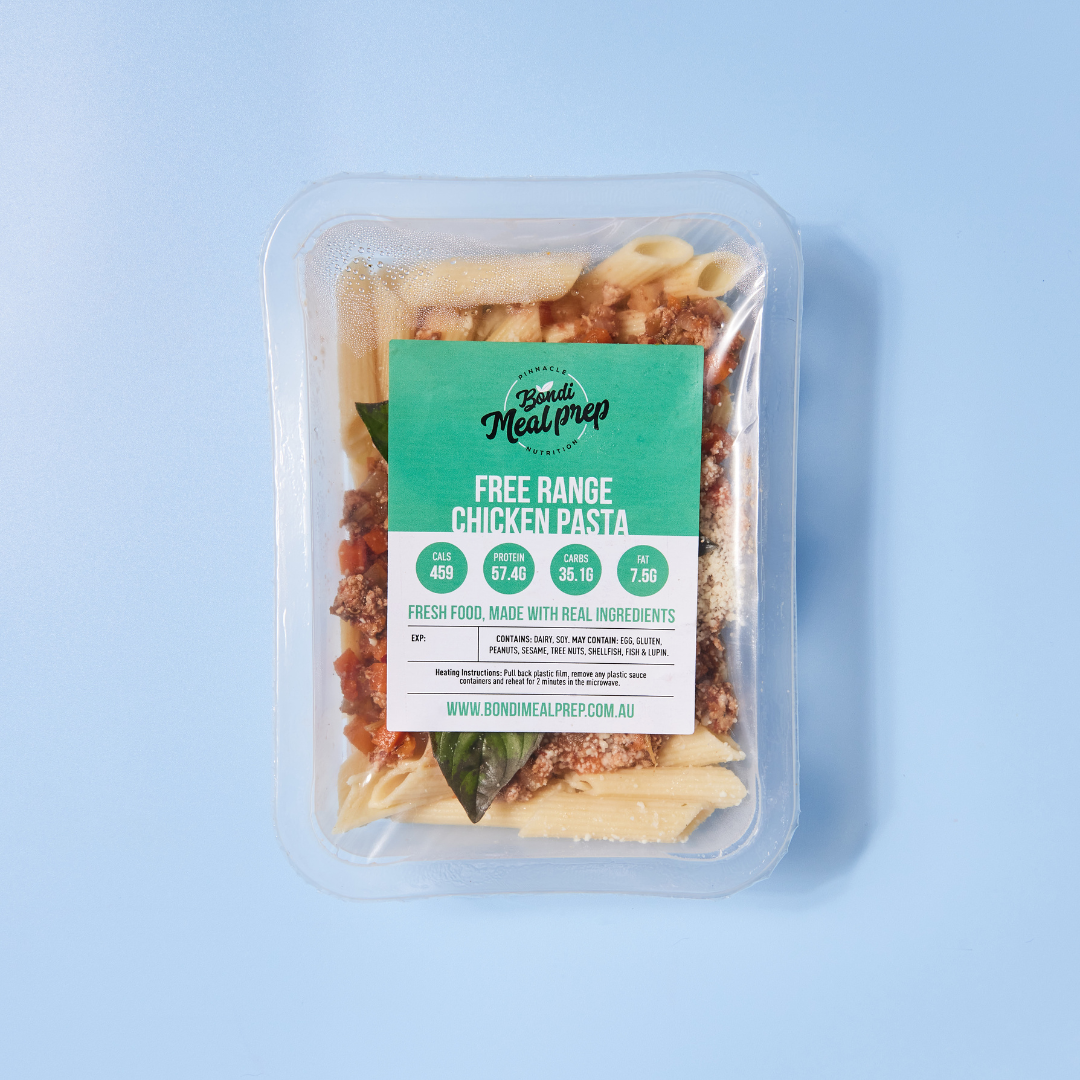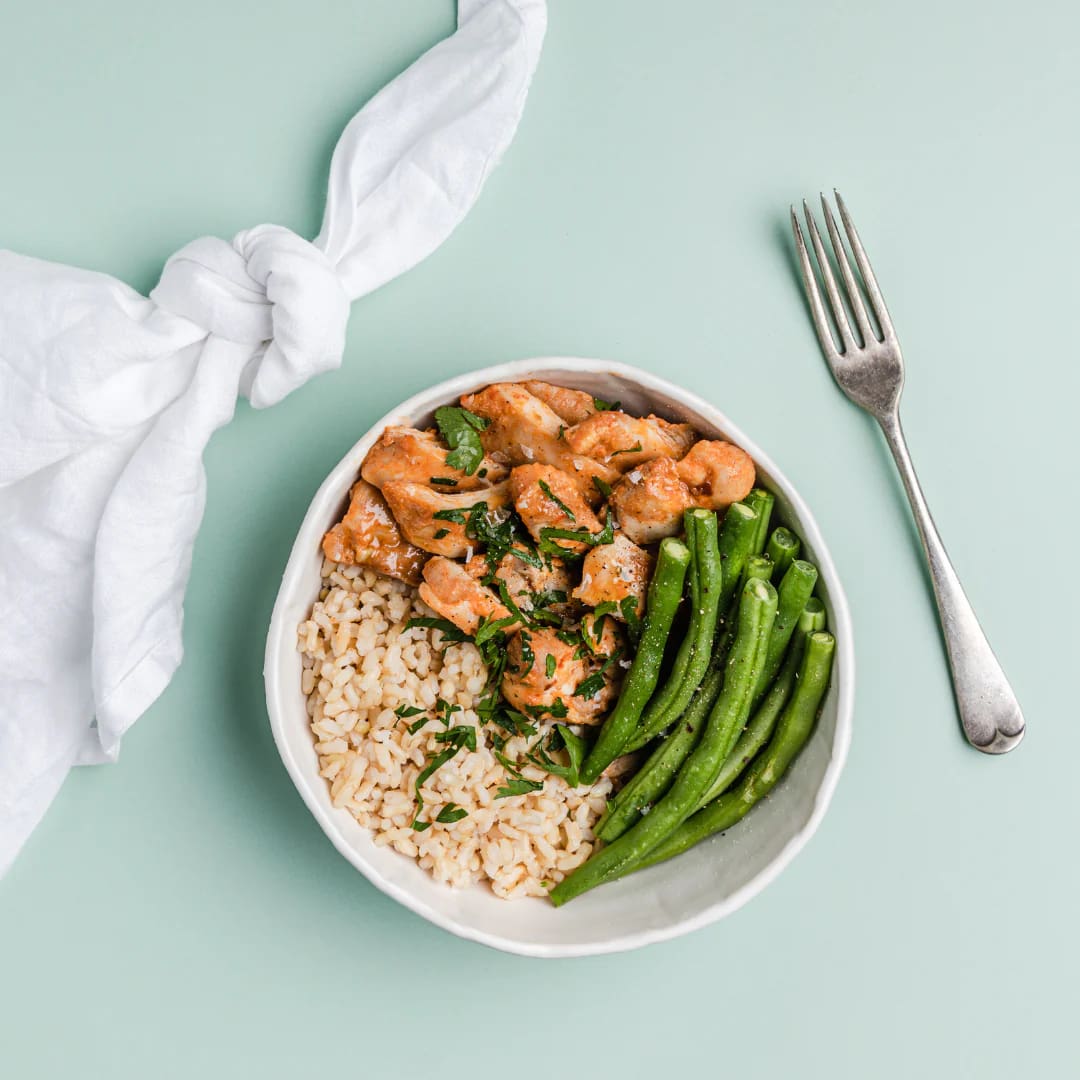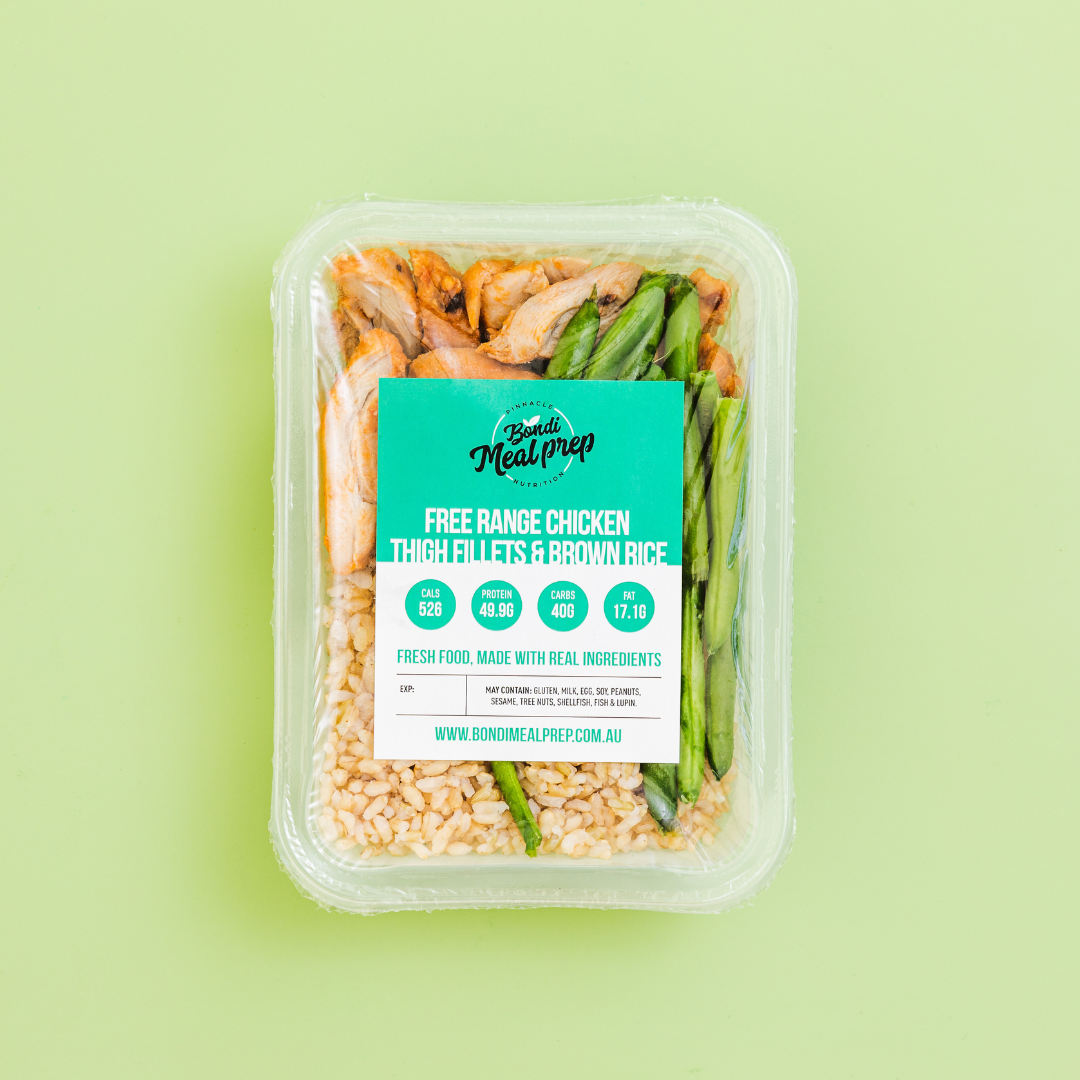If you walk down the aisles of a supermarket or scroll through a food delivery app these days, you’ll notice something: halal food is everywhere. From shopping baskets to restaurant menus, halal-certified items are no longer a niche food choice but part of mainstream diets everywhere.
Yet for many non-Muslim people, a lot of confusion still surrounds halal food. What is it exactly? How is halal meat different from other meat? And where does it fit into a healthy, balanced lifestyle?
This guide explains in clear, simple terms what halal means under Islamic law and gives practical tips on how to make halal eating both convenient and nutritious.
We’ll also explore how Bondi Meal Prep helps you enjoy certified halal proteins in delicious pre-prepared meals that are wholesome, nutritionally balanced, and ready to enjoy in just a few minutes.
What Does Halal Mean?
The Arabic word “halal” means “permissible”. Thus, halal refers to what Muslims are permitted to eat or drink under Islamic law. Any food and beverages that fall outside these rules are classified as “haram”, which means “forbidden”.
The criteria for halal rules are taken from the Qur’an, which is the religious text Muslims follow, as well as centuries of interpretation by Islamic scholars.
Haram foods and drinks that are specifically prohibited include:
- Pork and its by-products
- Blood
- Animals not prepared according to halal principles
- Alcohol
- Meat derived from certain carnivorous animals and birds of prey
Foods that tend to be considered halal include:
- Fresh fruits, vegetables, and grains
- Seafood (with very few exceptions)
- Meat from animals that is properly processed according to Islamic principles
Beyond this list, a wide range of everyday staples are also fine to eat and drink, as long as they are free from hidden haram ingredients (such as alcohol or gelatine from non-halal sources).
What is Halal Meat?
One of the most widely discussed parts of a halal diet is the meat. For meat to be considered halal, it must come from animals that are processed according to Islamic guidelines. This process, known as religious slaughter, involves following specific rituals while invoking the name of Allah. This process is important to Muslims because it shows spiritual observance and respects the animal’s welfare.
Some Islamic scholars point out that the only difference between halal and non-halal meat lies in the preparation process. It’s important to understand that nutritionally, halal beef, lamb, and chicken provide the same protein, vitamins, and minerals as non-halal meat. However, for Muslims, adherence to the ritual is vital, as it makes the meat lawful to eat.
To maintain halal integrity, halal cooking practices often require the separation of non-halal ingredients from halal ones. For example, chickens that are processed according to halal standards should not be cooked in the same kitchen space as pork. This prevents cross-contamination and preserves the meat’s halal status.
Halal Certification Explained
All this leads to an important question. With global food supply chains becoming increasingly complex, how can you be certain that the food on your plate is halal? Halal certification exists to give you that guarantee.
Halal certification means:
- A halal food authority or a body like Halal Australia inspects and certifies that food products meet halal criteria
- Certification applies to every part of the food business, from abattoirs and butchers to the factories of packaged snack companies
- Consumers get peace of mind from knowing that their food is safe, ethical, and adheres to Islamic laws
While some critics debate particular aspects of the food preparation processes, most halal food authorities now have clear and consistent regulations in place.
What's the Difference Between Halal and Kosher Meat?
It's also useful to understand how halal compares with other religious food requirements, particularly kosher food under Jewish law. Both halal and kosher rules involve the religious processing of animals. Additionally, they are both rooted in centuries-old religious traditions that emphasise spiritual observance during food preparation.
However, there are also some clear distinctions. For example, the prayers recited are different, the types of permitted animal products vary, and the rules around mixing foods, such as meat and dairy, are unique to kosher but not part of halal.
For Muslims, halal is guided by the Qur’an and the teachings of Islamic scholars, while kosher follows the Torah and rabbinical interpretation. Ultimately, these similarities and differences show how rules surrounding food in different faiths serve as a way of connecting daily life to spiritual values.
Why Halal Matters Beyond Religion
For many Muslims, eating halal involves honouring Islamic practices and remaining faithful to their beliefs. However, halal food is also gaining in popularity among people outside the faith. Many non-Muslims are drawn to its commitment to animal welfare, while others simply prefer the level of care that is put into halal food preparation.
In today’s multicultural society, halal food has become a bridge. It brings together families, friends, and work colleagues from a wide variety of backgrounds, creating opportunities to share meals that everybody can enjoy.
With growing demand in supermarkets, cafes and restaurants, halal is now recognised not only as a religious requirement but also as a lifestyle choice that’s widely embraced for its quality and inclusivity.
Eating Healthy on Halal
Following a healthy halal diet does not just mean avoiding haram foods like pork or alcohol. It’s also about making smart, nutritious choices.
A healthy halal plate usually includes:
- Lean proteins, such as chicken, lamb, beef, or fish (prepared according to halal guidelines)
- Plenty of greens and other fresh vegetables for fibre and vitamins
- Whole grains for fibre and sustained energy
- Fresh fruits for natural sweetness and vitamins
- Alcohol-free drinks and halal-certified snacks to round out a balanced diet
At Bondi Meal Prep, we make it simple to enjoy healthy, balanced meals with complete peace of mind. All of our proteins come from trusted suppliers and are halal certified, ensuring that the foundation of every meal meets halal standards.
While the meals themselves are not certified as a whole by any government body, we are committed to transparency and are happy to share the certifications of our protein suppliers upon request. Just email hello@bondimealprep.com.au and we’ll provide all the details.
Living Halal in a Modern World
Remember, 'halal' is not just a word on a food label. It's a set of principles rooted in Islamic law that guide millions of people around the world in how they eat, shop, and live. From halal certification to the preparation methods used in commercial kitchens, halal provides clarity, structure, and a sense of connection for Muslims. It's also a way of eating that's gaining popular appeal among others who appreciate halal’s focus on quality and care.
By combining halal with healthy eating habits, you can enjoy the best of both worlds. With mindful choices and fresh, whole ingredients, it's possible to follow a halal diet that is good for you – mind, body and spirit.
Bondi Meal Prep: Halal Protein, Maximum Convenience
Balancing family, work, and a healthy halal diet can feel like trying to pull off the impossible. That's why Bondi Meal Prep is here to make everything that little bit easier.
Our chefs prepare fresh, flavourful meals using certified halal proteins. From hearty chicken dishes for after the gym to light, low-carb favourites, all our meals are designed to be tasty, balanced, and beautifully convenient. All you need to do is heat, eat, and enjoy.
By choosing Bondi Meal Prep, you’ll always have a meal waiting in the fridge, made with halal proteins and packed with the nutrients your body deserves.
Explore our halal menu today and see how easy it can be to enjoy healthy, delicious food that helps you take back some time for yourself.






